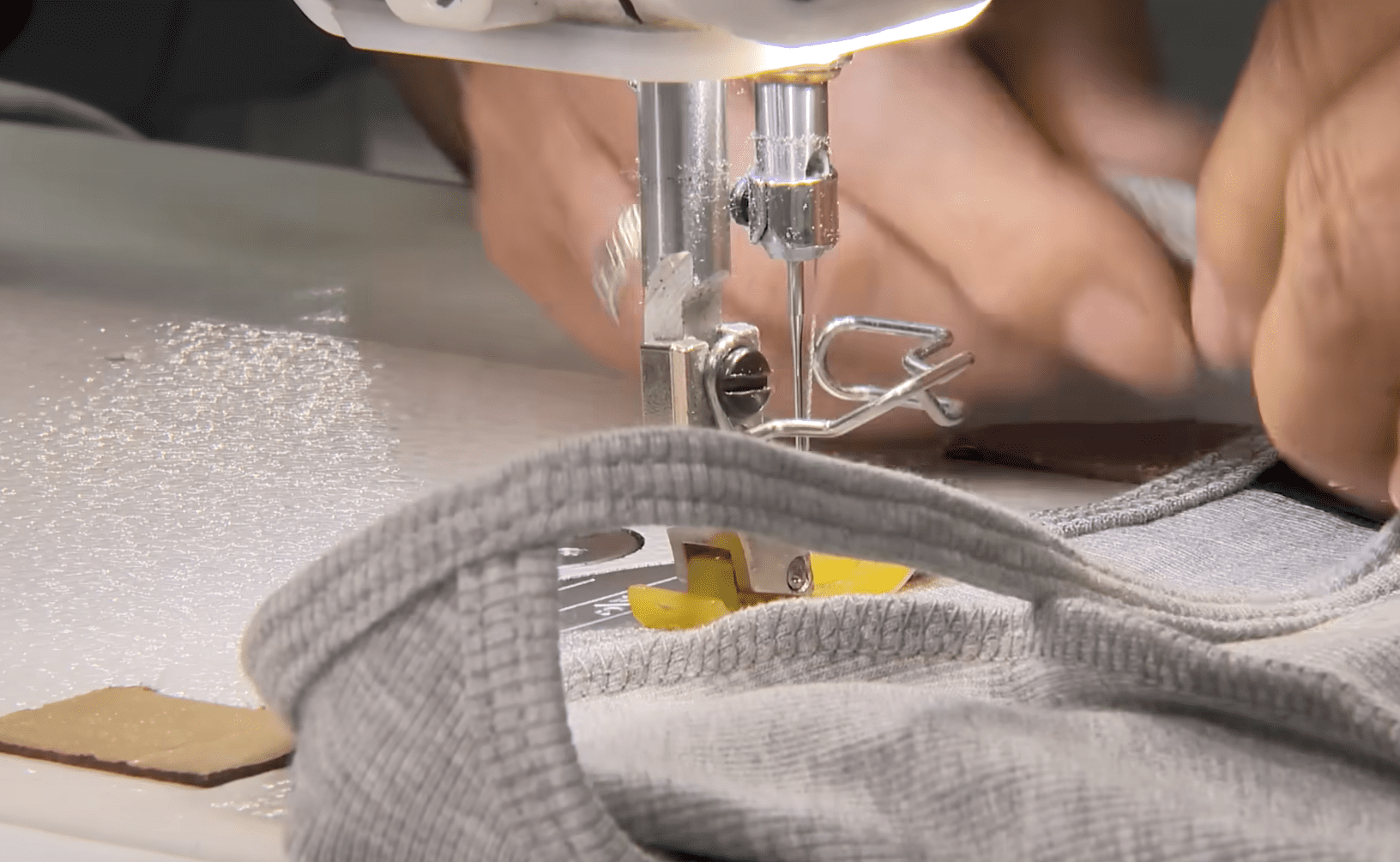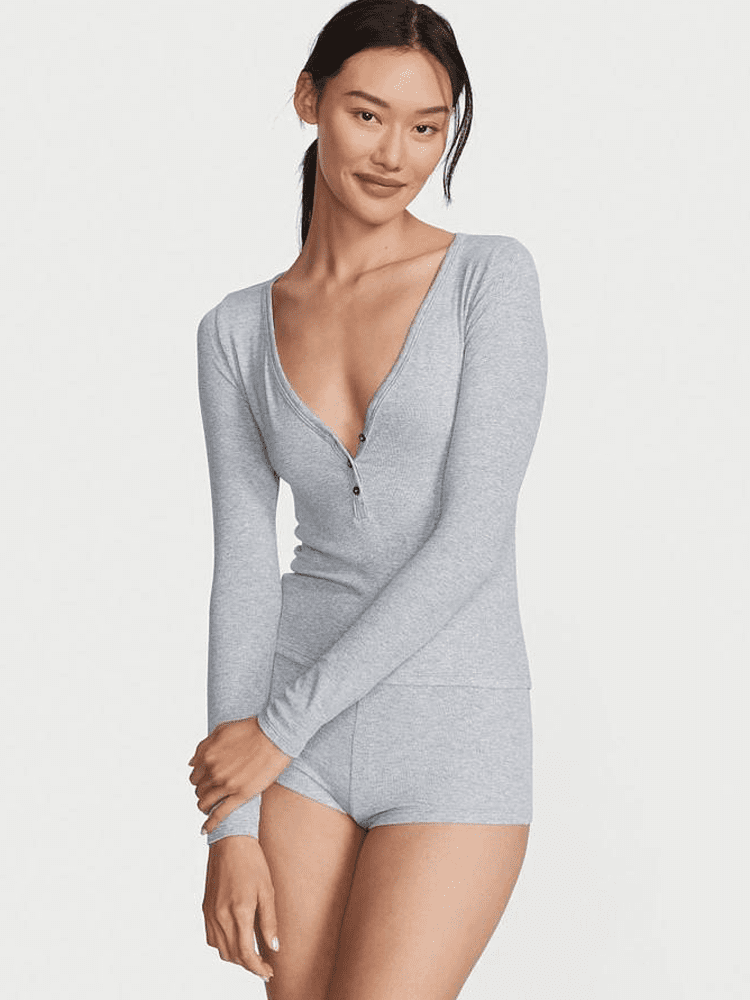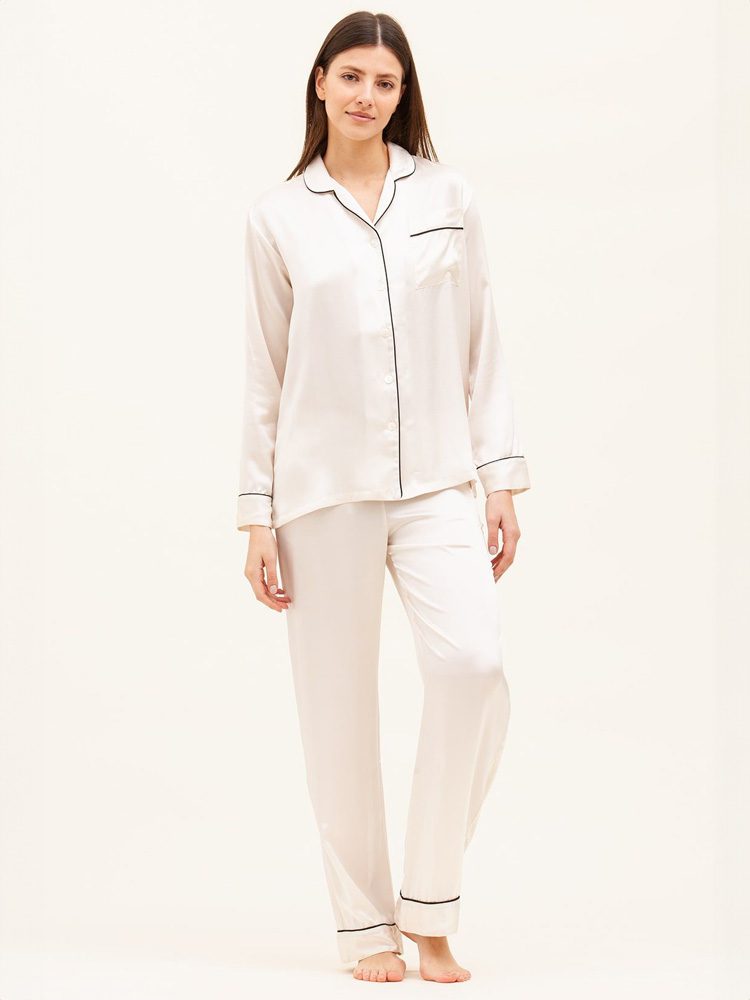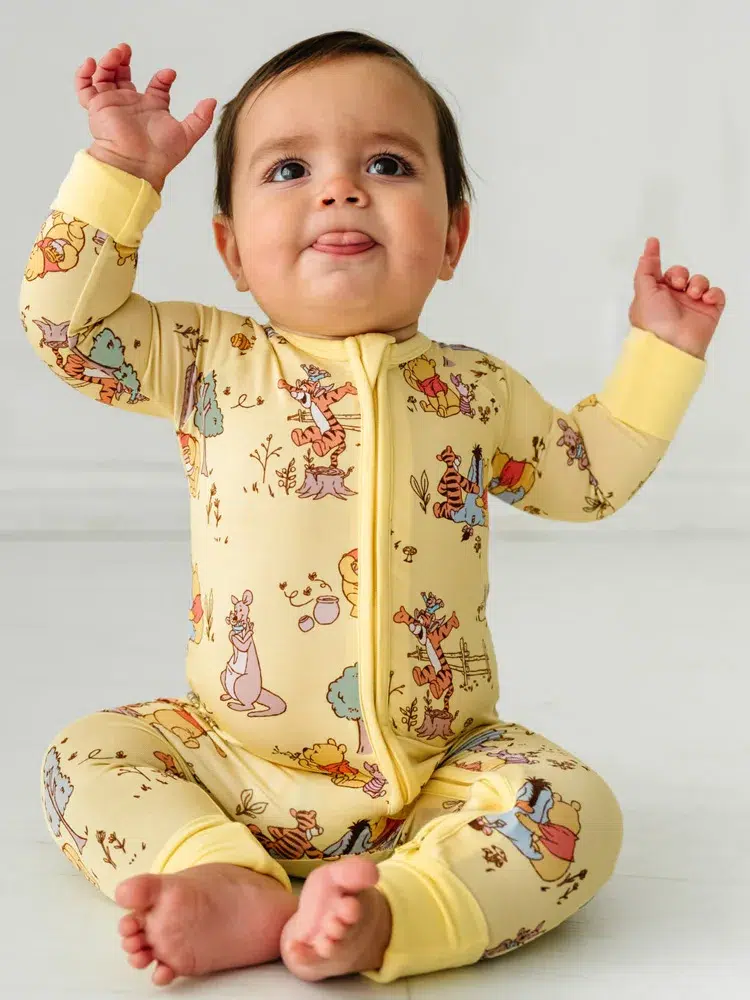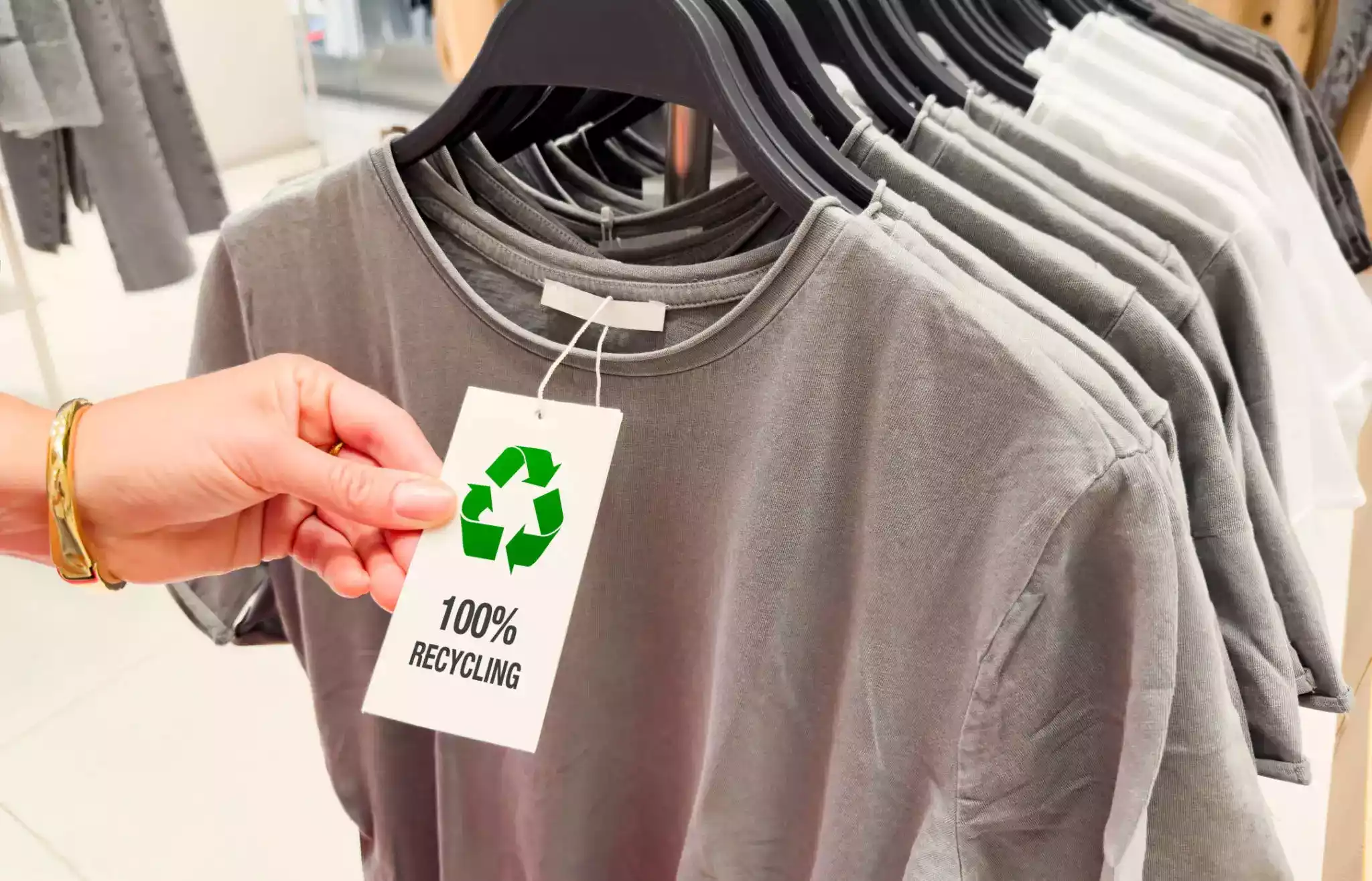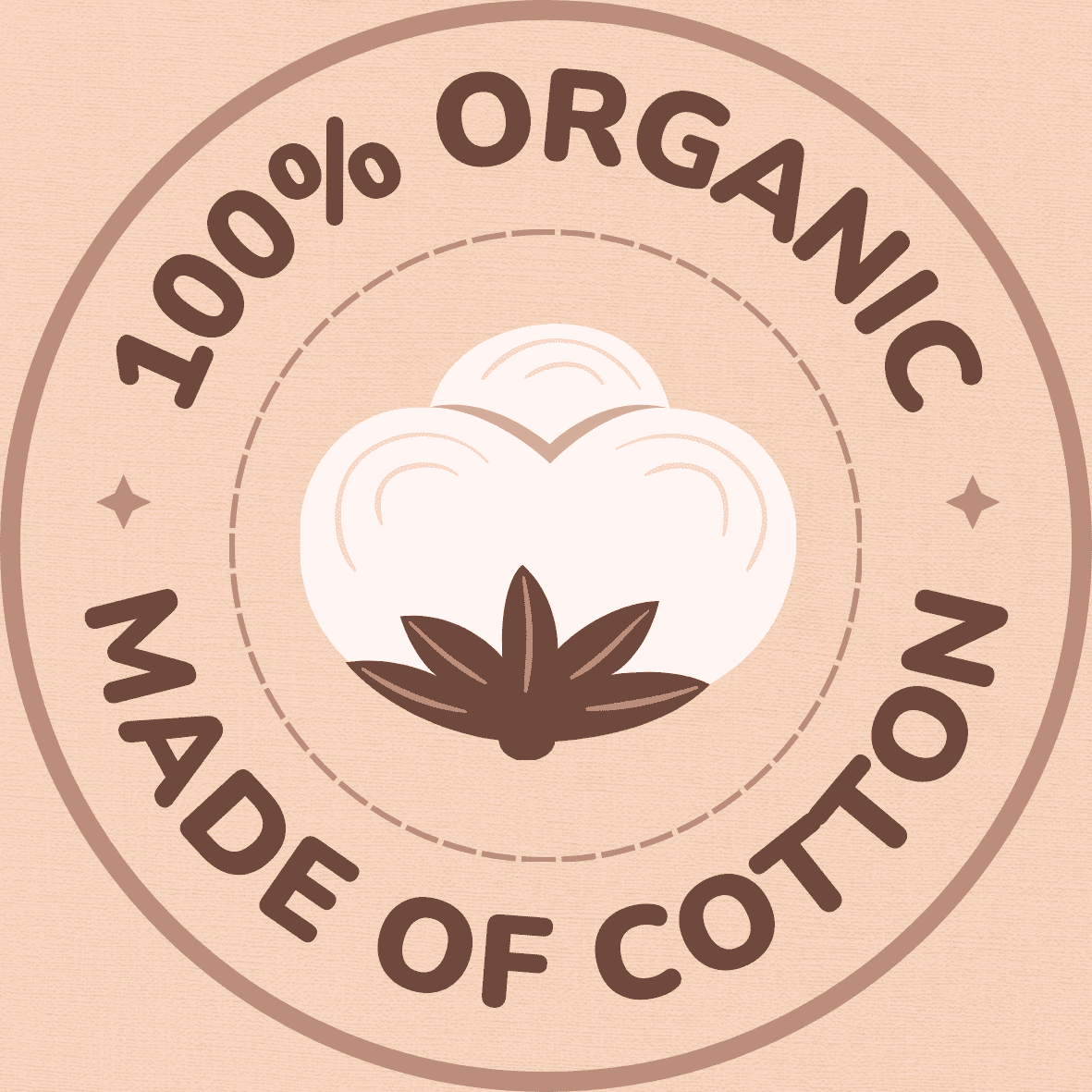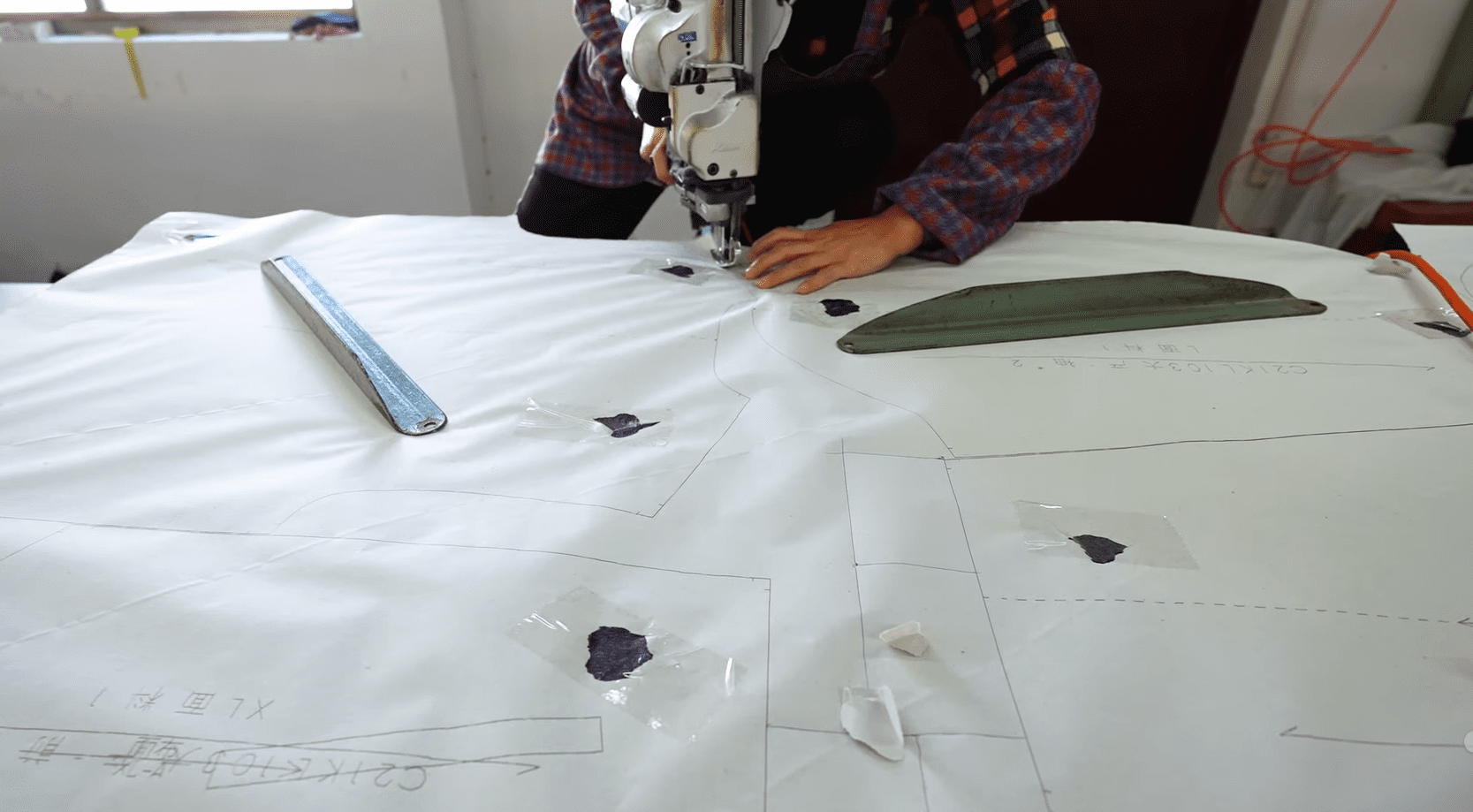B2B Fashion Excellence: Unveiling the Power of Clothing Manufacturers
In the ever-evolving world of fashion, B2B clothing manufacturers occupy a significant position. Serving as the backbone of the fashion industry, these entities take the reins in mass-producing garments designed by fashion houses. B2B clothing manufacturers such as Pjgarment.com possess the expertise and capabilities to produce quality apparel in large quantities, thereby meeting the demands of retail companies both big and small. They bridge the gap between designers’ creative concepts and the final products that reach the shelves, playing a significant role in shaping fashion trends and consumer preferences.
The operational scale of B2B clothing manufacturers also facilitates the global scope of the fashion industry. With their established supply chains and expansive production capacity, firms like Pjgarment.com can distribute garments beyond geographical boundaries. Their roles extend beyond mere manufacturing; they form partnerships with designers and retail companies, navigating economic, political, and cultural contexts to ensure the smooth flow of fashion from runways to retail outlets all over the world. Their influence is an indispensable part of the fashion ecosystem, making fashion accessible and diverse.
The Intricacies of the Clothing Manufacturer’s Business Model
The business model of clothing manufacturing companies is marked by elaborate procedures and subtle complexities. One of the critical processes involves dealing with b2b distribution companies, responsible for ensuring the efficient petal-flow of clothing items from the manufacturer to the wholesalers, retailers, or directly to other businesses. The relation between manufacturers and these distributor companies often hinges on mutual trust, allegiance to strict timelines, and a keen eye for maintaining the quality of the product during transit.
Meanwhile, the role of b2b manufacturing companies becomes significant in the whole ecology of the clothing industry. These companies provide raw materials, semi-finished, or finished products to other businesses, operating mainly in a business-to-business format. Interestingly, their business model often marries the routes of mass production with customization, catering to the diverse needs of clothing businesses. Their adroitness in manufacturing products with a strict adherence to quality control, time management, and cost-effectiveness underpins the global reputation of a fashion brand.
Influence of Wholesale Clothing Operations on Market Trends
Exploiting economies of scale and realizing efficiencies in the supply chain are key success factors for wholesale clothing operations. It’s a business model that allows these entities to exert significant influence on market trends. B2B fashion companies, by virtue of their bulk acquisition of materials and large-scale production, have the abilities to set the terms in terms of price, quality, and style that eventually shape the consumer market.
On the other hand, B2B apparel companies serve as a vital cog in the wheel, translating the creative visions of designers into tangible products. These organizations have the capacity to dictate the pace and direction of market trends by determining the choice of fabrics, patterns, colors, and production techniques. Consequently, their operational decisions and production capabilities can induce ripple effects across the entire retail landscape, influencing what ultimately lands in store racks and e-commerce platforms.
The Competitive Advantage of B2B Apparel Companies
In the realm of fashion, clothing manufacturer vendors play a critical role in establishing the competitive edge for business-to-business (B2B) apparel companies. The key to their advantage is a deep understanding of the market, built upon thorough research on ongoing fashion trends, consumer behavior, and an exceptional ability to cater to diverse customer bases. Manufacturers offer a dynamic range of apparel, from everyday wear to high-end luxury fashion, thus meeting the demands of a wide market spectrum. They strive towards improving the quality, range, and design of their products in a strive to maintain a strong reputation and trusted relationships with their clients.
One noteworthy arena witnessing the burgeoning growth of B2B apparel companies is China. B2B clothing manufacturers in China have been successful in creating a global mark due to their effective strategies and operations. These businesses focus on large production capacities, stringent quality control measures, and advanced machinery to ensure quick and efficient production. Moreover, they offer competitively priced goods due to lower production costs, which translates to more affordable price points for clients. This, in combination with adaptability to changing market trends and consumer preferences, denotes China as a strong contender in the B2B apparel manufacturing domain.
Strategic Partnerships and Collaborations in B2B Clothing Manufacturing
In the vibrant world of fashion, strategic partnerships and collaborations are significant drivers for growth and sustained success. B2B clothing wholesale manufacturers often explore alliances to broaden their market presence, enhance their product portfolio, and tap into new customer segments. These strategic bonds can offer increased production capabilities, access to avant-garde technologies, and innovative design approaches, resulting in enhanced product quality and diversity. The collaborations bring together a variety of expertise and resources under one roof, enabling manufacturers to offer tailored solutions that meet the specific needs of wholesale clothing clients.
Furthermore, cross-industry collaborations also play a major role in the development of sustainable and eco-friendly clothing lines, a rising trend in the wholesale clothing sector. B2B clothing wholesale manufacturers are steadily inking deals with companies from other sectors to incorporate recycled and organic materials in their products, thereby enabling them to offer sustainable fashion pieces. Such collaborations not only boost the manufacturers’ portfolio but also help them tackle increasing consumer demand for eco-conscious fashion, further solidifying their standing in the competitive global market.
How B2B Clothing Manufacturers Shape Global Fashion Trends
The influence of B2B clothing manufacturers on global fashion trends cannot be overstated. Operating behind the scenes, these essential players in the fashion industry play a crucial role in curating and influencing the styles that end up on runways, retail stores, and ultimately, consumers’ wardrobes. Clothing manufacturers are responsible for interpreting the creative visions of designers, transforming these into tangible pieces through their knowledge of fabrics, techniques, machinery, and production logistics.
While working closely with fashion brands, clothing manufacturers also keep an eye on global trends, embedding their response to them into the sartorial choices they produce. The trends decided by clothing manufacturers based on their in-depth analysis often have ripple effects on various levels of the fashion industry, from influencing future collections of fashion designers to dictating what consumers will be choosing off the shelves in the upcoming seasons. A significant understanding of global markets combined with the operational backbone makes clothing manufacturers not just producers, but fashion trendsetters.
The Importance of Sustainability Practices in Clothing Manufacturing
Sustainability has taken center stage in the global fashion industry. With clothing manufacturing contributing significantly to global emissions and waste, establishing sustainable practices within this industry has become non-negotiable. These practices include techniques such as water recycling, low-impact dyeing processes, sustainable fabric sourcing, and reduction of energy consumption. These actions, in turn, help to mitigate the environmental impact, contributing to the fight against climate change.
Manufacturers who prioritize sustainability display a keen understanding of the changing dynamic within the industry. They are receptive to growing consumer demand for ethically produced clothing and recognize the long-term economic benefits of such an approach. Moreover, the adoption of green practices not only enhances brand reputation but also increases competitive advantage. Thus, sustainability practices within clothing manufacturing have a multifaceted importance, encompassing environmental, societal, and economic elements.
Innovative Technologies and Their Impact on Wholesale Clothing
In the realm of wholesale clothing, innovative technologies are proving paramount, as they streamline processes and enhance productivity. Augmented reality (AR) and virtual reality (VR) are a couple of these technological advancements that have begun transforming the experience of the fashion buyer. These technologies allow for a visual and interactive experience with wholesale products, including realistic 3D representations of garments. Alongside, offering detailed insight into the texture, fit, and overall look, thereby assisting buyers in making informed decisions.
Artificial intelligence (AI) and machine learning (ML) are also playing significant roles in the wholesale clothing sector. Utilizing these technologies, predictive analytics helps manufacturers forecast trends efficiently, hence optimizing their stock to meet the anticipated demand. Furthermore, AI algorithms help in automating mundane tasks, significantly reducing manual labor, and in turn, operational costs. In this technology-driven era, it is evident how innovative solutions are playing a crucial role in shaping the wholesale clothing scenario.
The Future of B2B Apparel Companies: Predictions and Possibilities
Predictions and possibilities for the future of B2B apparel companies seem unlimited given the continuous evolution within the industry. Rapid advancements in technology, particularly in the realm of digitization and automation, are set to change the operational landscape significantly. These future technologies are not only expected to enhance manufacturing processes, but also build new avenues for real-time inventory management, data analytics, with a strong emphasis on virtual and augmented reality in showcasing clothing lines.
Renewed focus on sustainability practices is also poised to play a crucial role in shaping the future of B2B clothing manufacturers. Emphasis is being placed on leveraging biodegradable materials, low-impact dyes, and sustainable supply chains in an effort to meet the increasingly environmentally cautious consumer demand. Furthermore, the concept of ‘fast fashion’ might be overtaken by the rise of ‘conscious consumerism’, driving companies to adapt their business models accordingly.
The following are some of the key predictions and possibilities for B2B apparel companies:
• Digitization and Automation: With technological advancements, there is a high likelihood of increased digitization and automation in manufacturing processes. This will not only streamline production but also reduce human errors, leading to better quality control.
• Real-time Inventory Management: The use of advanced technology will enable real-time inventory management. Companies would be able to monitor their stocks more effectively, preventing overstocking or understocking situations.
• Data Analytics: Future technologies may provide enhanced data analytics capabilities. Apparel companies can leverage these tools to gain deeper insights into consumer trends and preferences, helping them make informed business decisions.
• Virtual Reality (VR) & Augmented Reality (AR): There’s an increasing emphasis on using VR and AR technologies for showcasing clothing lines. These immersive experiences could potentially revolutionize the way customers interact with products before purchase.
• Sustainability Practices: A renewed focus on sustainability practices is expected in the future. More businesses are likely to adopt biodegradable materials and low-impact dyes as part of their efforts towards environmental conservation.
• Sustainable Supply Chains: In line with sustainable practices, companies might work towards establishing sustainable supply chains that minimize carbon footprints while ensuring fair trade practices at every step.
• Rise of Conscious Consumerism: As consumers become increasingly aware about environmental issues, ‘conscious consumerism’ might take precedence over ‘fast fashion’. This shift could compel apparel manufacturers to adapt their business models accordingly by offering eco-friendly products that meet this growing demand.
Case Studies: Successful B2B Fashion Ventures in the Manufacturing Sector.
One exemplary instance of a successful B2B fashion venture in the manufacturing sector is the partnership between international fashion house Hugo Boss and Turkish textile manufacturer Isko. This collaboration brought together Isko’s expertise in sustainably sourced denim production and Hugo Boss’s world-renowned branding prowess, resulting in a retail journey that goes beyond just selling a product. It became a narrative of craftsmanship, sustainability, and premium fashion that resonated with the modern, conscious consumer. Demonstrating how B2B partnerships can effectively leverage each party’s strengths, this venture has set new standards in the fashion industry.
Another striking case is the alliance between Adidas and Parley for the Oceans—a non-profit organization aimed at increasing awareness of the threats to the world’s oceans. This collaboration resulted in Adidas’ now iconic Ultraboost Uncaged Parley sneaker, made almost entirely out of recycled ocean plastic. This venture not only had a massive positive environmental impact, decreasing plastic pollution, but also was hailed as a huge commercial success. It proved to the global market that sustainability and profitability are not mutually exclusive, and solid collaborations with the right partners can yield groundbreaking results.
FAQs
What is the role of B2B clothing manufacturers in the fashion industry?
B2B clothing manufacturers play a crucial role in the fashion industry by producing the designs created by fashion brands. They are responsible for managing the production process, ensuring the quality of the garments, and delivering the finished products on time.
How does the business model of a clothing manufacturer work?
The business model of a clothing manufacturer primarily involves producing clothing items based on the specifications provided by their clients, usually fashion brands. They source raw materials, oversee the manufacturing process, ensure quality control, and handle delivery of the finished products.
How do wholesale clothing operations influence market trends?
Wholesale clothing operations influence market trends by determining the availability and pricing of fashion items. They also have the power to impact trends by choosing to produce certain styles or designs in larger quantities.
What competitive advantages do B2B apparel companies have?
B2B apparel companies have several competitive advantages, including the ability to produce large volumes of clothing items, access to specialized manufacturing technology, and strong relationships with fashion brands and retailers.
Can you explain the importance of strategic partnerships in B2B clothing manufacturing?
Strategic partnerships in B2B clothing manufacturing are crucial for sharing resources, enhancing production capabilities, expanding market reach, and fostering innovation. They also enable companies to better respond to market trends and customer demands.
How do B2B clothing manufacturers shape global fashion trends?
B2B clothing manufacturers shape global fashion trends by determining what clothes are produced and in what volume. They collaborate closely with designers and fashion brands, turning their creative visions into reality.
Why are sustainability practices important in clothing manufacturing?
Sustainability practices are important in clothing manufacturing to minimize environmental impact, promote ethical labor practices, and meet the increasing consumer demand for eco-friendly products.
How do innovative technologies impact wholesale clothing?
Innovative technologies, such as AI and automation, can significantly improve efficiency and precision in the production process, optimize supply chains, and create new opportunities for customization in wholesale clothing.
What are some predictions for the future of B2B apparel companies?
As technology continues to evolve, B2B apparel companies are expected to incorporate more automation and digital solutions in their operations. Sustainability will likely become a key focus, and we can expect more collaboration and consolidation in the industry.
Can you provide some examples of successful B2B fashion ventures in the manufacturing sector?
While specific examples would be dependent on the article content, successful B2B fashion ventures often include companies that have successfully adapted to changing market trends, implemented innovative technologies, and prioritized sustainability in their operations.


